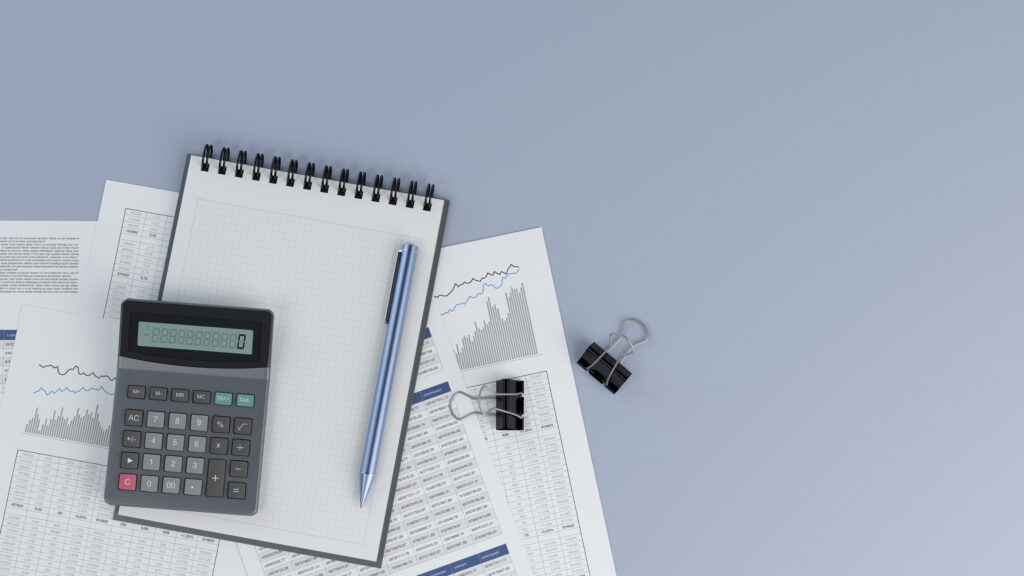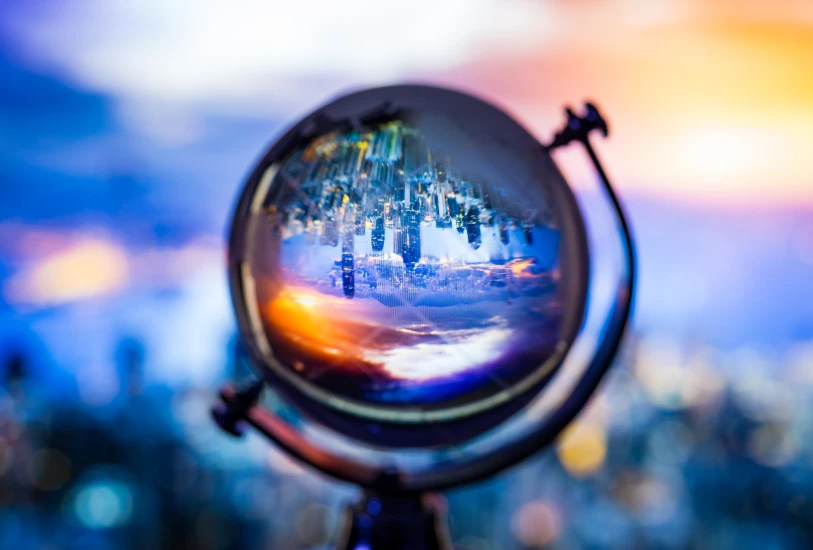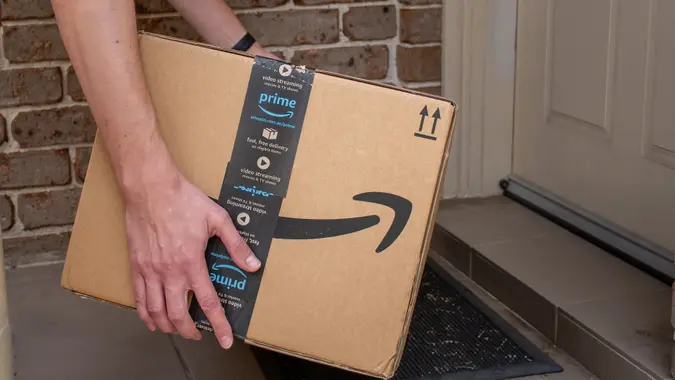Empowerment Journey Step 4
I used to think that having credit cards with high limits was financial security, but that’s wrong. Even if you pay off your cards every month, the temptation to use them is always there. Why not hit the bar and buy your friend a round or two on credit while you wait for payday? It’s just 50 bucks, you can pay that off easily, right? This is how broke people think, and I’m sorry to say it’s how I thought for a while. Having a credit card is the financial equivalent of having a loaded gun, all it takes is one mistake and the consequences can be dire. This is because of the extremely high interest rates credit card balances are subject to. Einstein is often quoted as having said, “Compound interest is the eighth wonder of the world. He who understands it, earns it … he who doesn’t … pays it.” Having compound interest working against you by using credit cards is choosing to fight a battle that can’t be won. It’s financial suicide.
We want to get that juggernaut of compound interest working FOR us. We want Goliath on our side. This is how wealth is built. To do this we have to have protection from the occasional unforeseen expenses that crop up. Car repairs, medical care, helping a family member in need – sometimes we need money right now. Rather than reach for a credit card, having some cash savings, also known as an “emergency fund”, will protect you from using high interest rate debt, and keep you on the journey of empowerment.
Imagine your finances are a castle, like in medieval times. You can have the biggest, coolest looking castle in the world, but if an invading army can just ride up to it and scale the walls, you won’t sleep soundly. Likewise, having ambitious financial goals is pointless if an unexpected situation pops up and plows you into debt that will take years to pay off. Savings are the moat around your financial castle; they keep the invaders at bay.
Savings Can Provide Peace of Mind
Saving money is often talked about with an obligatory, “eat your veggies” kind of attitude. We’re told we’re wrong for wanting to spend all our money. I don’t like being guilted into action, so this talk never resonated with me. But when I felt how every dollar I was able to save LOWERED my anxiety about money, I realized I’d been thinking of savings 100% wrong. Having that financial backstop against unexpected costs brought me a big feeling of peace which I hadn’t even realized was missing from my life.
Self-funding the unexpected in advance feels better, and is much cheaper than doing it on credit. Also, you aren’t subject to some credit card company’s opinion about how much you can spend in an emergency (your credit limit).

Let’s revisit the map of our empowerment journey. If we develop good habits around spending less than we make, and we save up the “little extra” we didn’t spend, there will come a point where our savings are big enough that we can start investing. What is this point? It will be different depending on your preferences, but a good rule of thumb is to have enough cash savings to cover at least three to six months’ living expenses (rent, food, transportation, etc). But hey, you might prefer to have one years’ worth of bills covered in savings. If you want your moat to be REALLY BIG and full of sharks – do it. It’s your castle. Just keep adding to it, one brick at a time, until it’s right for you.
Getting Started
Dave Ramsey recommends those who are new to saving start by building an emergency fund of $1000. That’s how I started my emergency fund years ago and it’s a great way to start if the whole “rainy day” thing is new for you.
Your emergency fund should be held in a completely separate location from your everyday checking/savings accounts. Money market accounts and high yield savings accounts are two common types of accounts that work for this. Many savings accounts that offer competitive interest rates can be opened and funded easily online. Bankrate and NerdWallet are two good sites to compare accounts and rates from different companies. Often, online banks can offer higher rates on savings than banks with “brick and mortar” physical branches simply because they don’t have as many employees and overhead costs. You want your savings to be relatively easy to access if you need it, but not something that you have to touch on a regular basis (because the temptation to spend it may creep in).
Importantly, this money in your emergency fund IS NOT INVESTED. It’s in cash or money-market funds, which should not fluctuate much in value. The most important thing about our emergency savings is it has to be there when we need it, quickly available without having to sell investments. WE ARE NOT TRYING TO MAXIMIZE GROWTH IN OUR EMERGENCY FUND! That’s what your investment portfolio is for.
You want your savings to earn a rate that’s competitive, but don’t agonize over finding the best rate. They are always changing depending on conditions within the economy, and not having the absolute highest interest rate isn’t going to break you financially. Pay attention to the rate you’re getting, and compare against market rates from other banks every year or two to be sure you aren’t leaving too much on the table.
Financial Peace
I’ve found that spending money thoughtfully when you know you have savings in the bank is a completely different feeling than spending on credit; you aren’t risking your future financial security for the current moment. The anxiety is gone. This is how I want to live and I want you to gain this confidence over your financial life as well.
Thanks for reading! Follow me on Twitter to continue the conversation.





